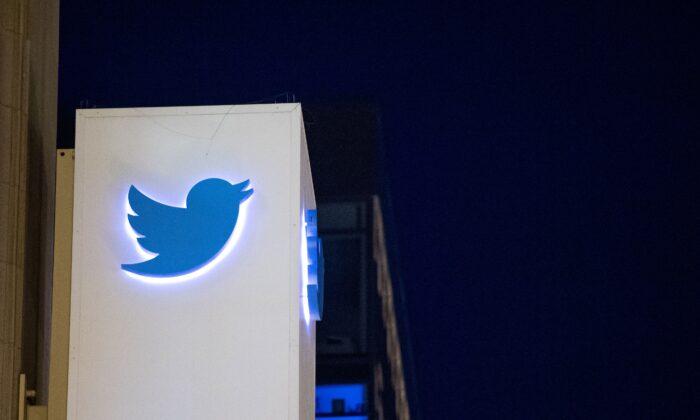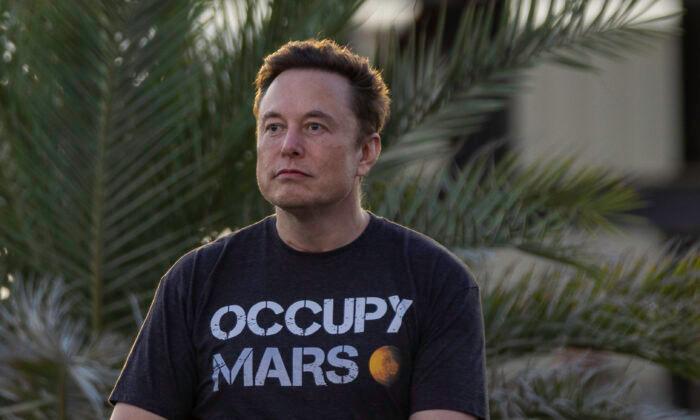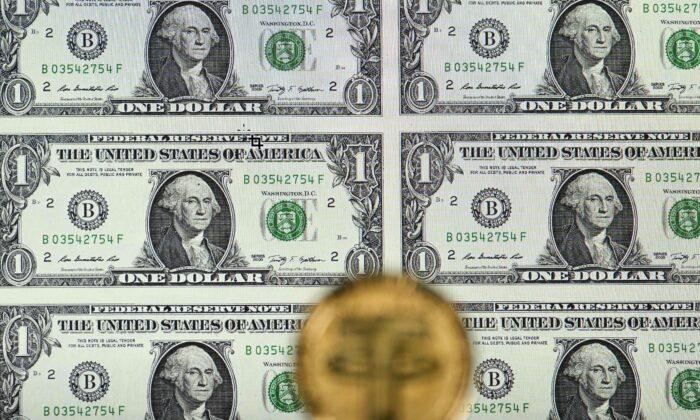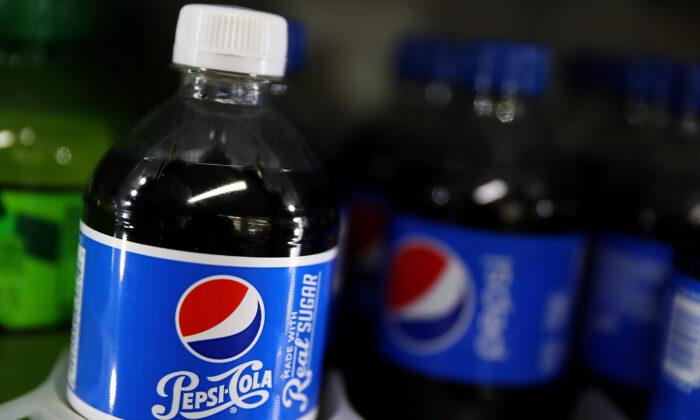What Happened
Alibaba co-founder Jack Ma latched on to the idea of centering a shopping promotion around a holiday, drawing inspiration from the tradition of U.S. retailers like Walmart Inc. (WMT) offering mega-discounts on the day after Thanksgiving (which became Black Friday).Ma’s Singles’ Day initially targeted consumers to celebrate singlehood and gradually extended to every demographic. China kicked off a campaign to rein in its tech giants in 2020 with curbs on fintech and an antitrust probe into Alibaba that ended in a $2.8 billion fine.
Alibaba’s June-quarter revenue missed estimates for the first time in more than two years, reflecting the crackdown toll. Alibaba has pledged $15.5 billion over five years to foster social equality. It also promised to donate 1 yuan ($0.16) when Singles’ Day shoppers buy certain items and post their purchases on social media.
Alibaba’s platforms also showcase energy-efficient products during the shopping festival, and its logistics network will help recycle packaging.
Why It Matters
China may soon compel Alipay to open up walled-off ecosystems. Already Alibaba has started allowing users to use rival Tencent Holdings Ltd.’s (OTC: TCEHY) WeChat Pay on some apps. However, it is still unavailable on Taobao and Tmall, which accounts for most spending during Singles’ Day.The 2020 sales reached 498 billion yuan ($78 billion), surpassing 2019’s $38 billion sales after Alibaba added several days and additional services to the count.
For several years now, Singles’ Day’s tally has exceeded the five-day U.S. buying spree that begins on Thanksgiving and ends on Cyber Monday, making the Chinese event the most significant global shopping spree.





